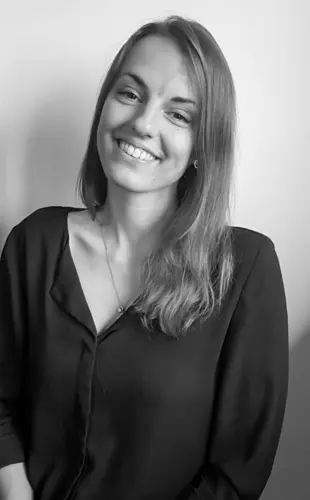RESEARCH INSIGHT ▼
Extraterritorial human rights safeguards against torture
AN INTERVIEW WITH Janina Heaphy

:::::::::::::::::::::::::::::::::::::::::::::::::::::::::::::::::::::::::::::::::::::::::::::::::::::
SHORT PROFILE
Name: Janina Heaphy (neé Lang)
Field: Political Science
Research Interests: Human Rights, Counterterrorism, Strategic decision making in IR, US Foreign Policy
:::::::::::::::::::::::::::::::::::::::::::::::::::::::::::::::::::::::::::::::::::::::::::::::::::::
After her successfully completed dissertation BAGSS conducted an interview with Janina to talk about her thesis and her experiences during her time at the BAGSS.
// What drew you to your dissertation topic and what interests you most about it?
J. H. I had started to work for a DFG-project, which centered on extraterritorial human rights in the War on Terror. The project, however, only focused on US counterterrorism, and I wondered whether and why other countries like Germany and the UK have introduced similar safeguards against torture. I was particularly interested in how different policy entrepreneurs successfully convinced the leaders of powerful countries to restrict their own security strategies in order to protect foreign terrorist suspects abroad.
// Can you give us small sneak peek about the findings of your thesis?
J. H. Security and reputational concerns, not normative beliefs, motivated the US and the UK's "ban" on torturing foreigners abroad, which also explains why big loopholes remain. Furthermore, several senior German politicians are of the opinion that actively assisting the American or Syrian intelligence services in their 'enhanced interrogations' by among others facilitating rendition flights or sharing questions sets and location details, "does not count as torture", which also explains why Germany has still not revised its policies since 2001.
// What did you enjoy most about your time at the Graduate School?
J. H. I absolutely loved the interviews that I have conducted for my research, but I also really enjoyed all the workshops that the BAGSS offered as it really allowed me to develop my academic skills.
// What is the next step in your career?
J. H. After finishing the DFG project in Bamberg, I have spent the last 1,5 years teaching as a lecturer at the University of Leiden. In April, I will start my PostDoc at the FAU Erlangen, where I will be primarily working for the Center for Human Rights Erlangen-Nuremberg (CHREN).